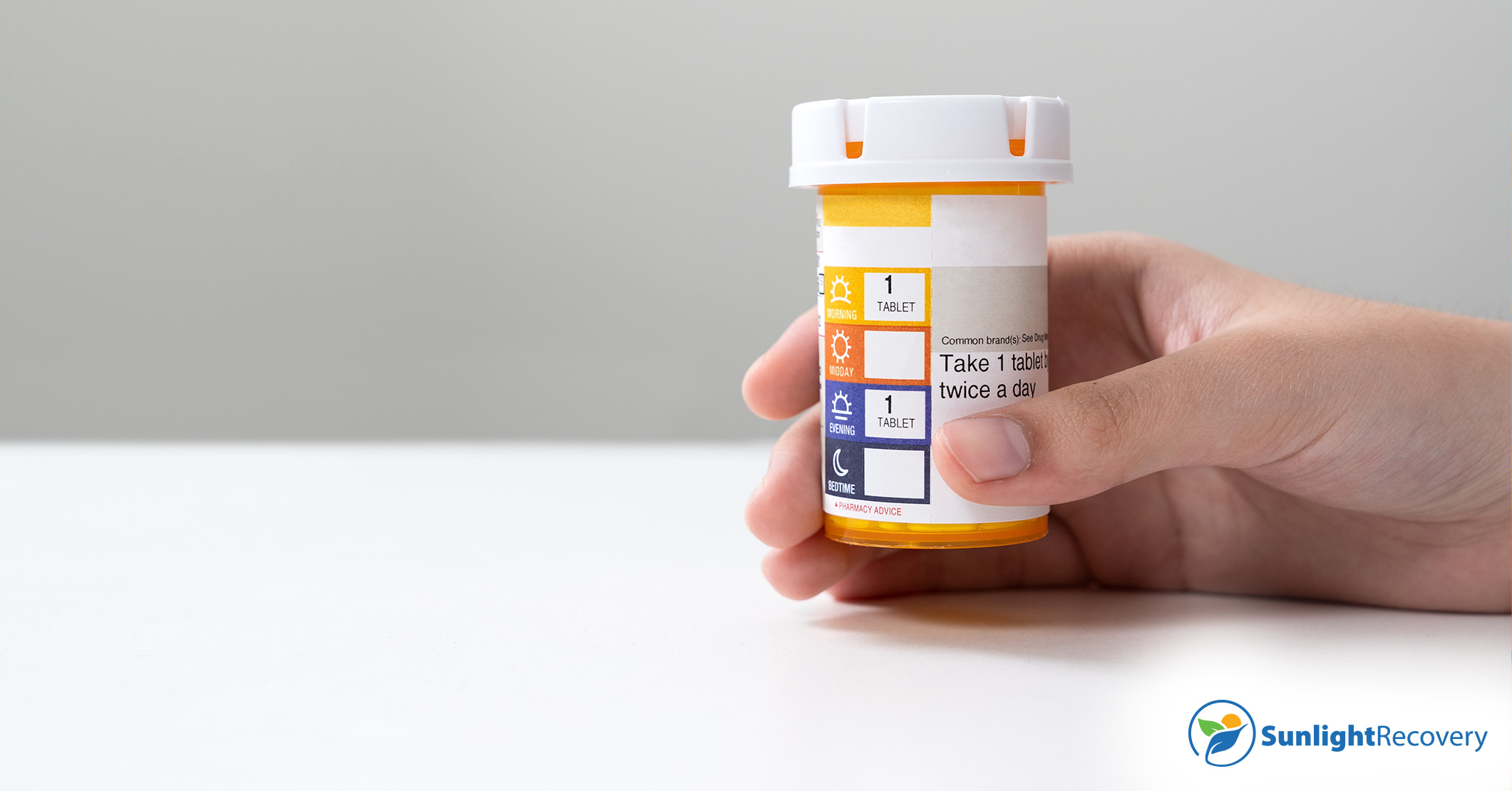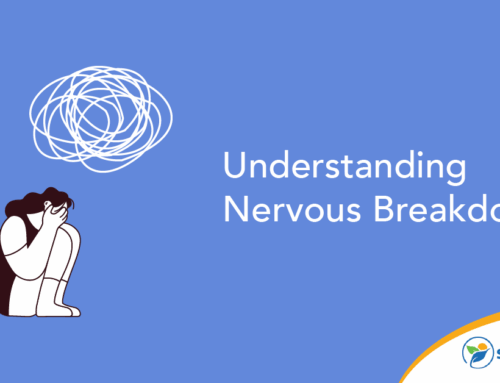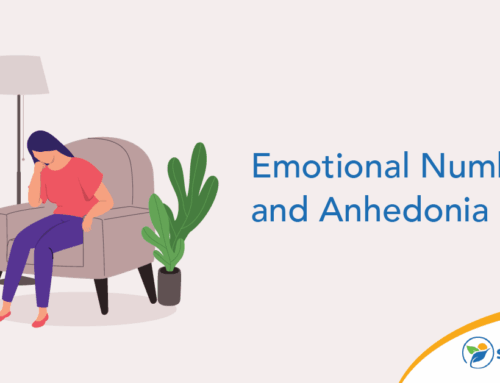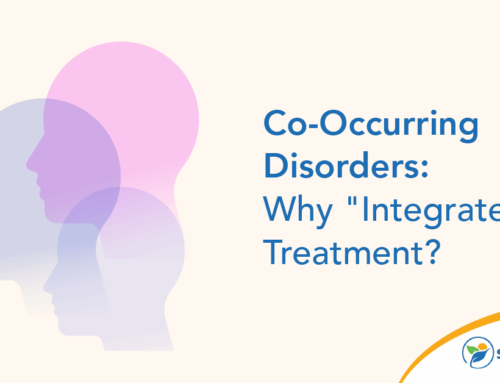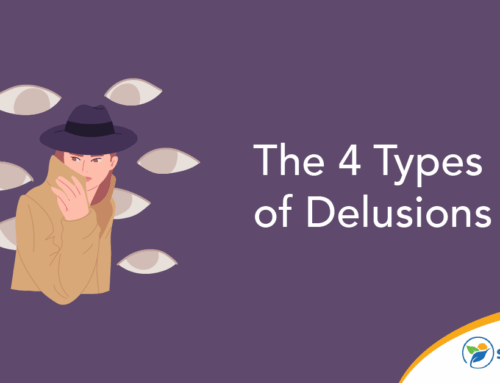According to the National Health Interview Survey, 16% of adults take mental health medication. A variety of these mental and behavioral health medications are available on the market today, and they can play an important role in the treatment of various disorders. Read on to learn more about the types of medications used in mental health treatment and how these drugs can support other interventions.
Understanding Medication Options
There are few medication groups for psychiatric patients. The main types of mental health medications are:
Antidepressants
Around 5% of adults aged 18 and over have been diagnosed with regular feelings of depression, and antidepressants are often used to treat these symptoms. These drugs are designed to raise levels of key brain chemicals like serotonin and/or norepinephrine.
Antianxiety Medications
Anxiety disorders affect 19.1% of adults in the United States and are the most common mental health disorders. To treat generalized anxiety disorder, panic disorder, social anxiety disorder and other anxiety disorders, health care providers may prescribe antianxiety medicines, including antidepressants. In some cases, benzodiazepines and beta blockers may be used to ease the physical symptoms of anxiety such as rapid heart rate and tremors.
Stimulants
Stimulants are medications that excite the nervous system to increase alertness and raise energy levels. Mental health care providers often prescribe them for people with the sleep disorder narcolepsy. In addition, stimulants are often a first-line treatment for attention deficit hyperactivity disorder (ADHD).
Antipsychotics
Psychosis is the term for experiencing hallucinations and/or delusions and can occur in people with bipolar disorder, severe depression, schizophrenia and other mental health disorders. Health care providers prescribe antipsychotic medications to treat psychosis as well as delirium associated with dementia and other cognitive disorders.
Mood Stabilizers
Some mental health conditions like bipolar disorder, schizoaffective disorder, impulse control disorders and depression can cause rapid shifts in mood. Mood stabilizer drugs are often the preferred form of mental health medication for treating mood changes associated with these and other conditions. They include the drug lithium as well as certain anticonvulsant medications like lamotrigine.
Substance Abuse Medications
Substance use disorders have both physical and mental dimensions. When people discontinue use of a substance they’re physically dependent on, they often suffer withdrawal symptoms that make abstaining from drugs and/or alcohol difficult. Substance abuse medications ease symptoms of withdrawal to help a person break free of physical dependence so they can begin to explore the mental and emotional factors that contributed to their addiction.
Collaborative Treatment Approach
Although a health care professional must prescribe mental health medication, treatment should be a team effort. Before prescribing medications, mental health care providers should discuss the benefits and potential drawbacks of the available options and give those dealing with mental health disorders a say in the decision-making process. Patients should be aware of potential side effects and know when to contact their mental health care provider about concerns.
Even once treatment with mental health medications begins, the collaboration continues. Often, adjustments to dosages are necessary to mitigate side effects and/or fully alleviate symptoms. Mental health care providers rely on patients to track their symptoms over time and describe their experiences so they can make changes when required. In some cases, a person may need to try multiple medications or a combination of drugs to find the option that best controls their symptoms.
Managing Expectations
While mental health medication can make a difference for people dealing with various behavioral and mental health disorders, no drug will make symptoms disappear overnight. It may take time for benefits to become noticeable, and as previously mentioned, it’s often necessary to experiment with different dosages and combinations of drugs to find the best solution for an individual.
People undergoing treatment for mental health conditions who expect a quick fix may become discouraged and discontinue taking medication. Managing your expectations can help you maintain a positive attitude that will benefit you during treatment. Viewing the process as a journey marked by slow improvements and the potential for occasional setbacks can be helpful.
Complementary Therapies
Mental health medication can reduce symptoms of mental health disorders. However, it’s often just one component of treatment. Therapy and lifestyle changes can complement the benefits of drugs and help individuals struggling with mental health concerns improve their quality of life.
Through therapy, you can explore the root causes of your thoughts and feelings and explore past traumas that continue to affect you to this day. In addition, therapy can help you learn positive coping mechanisms you can rely on when symptoms of your mental illness interfere with your daily life.
Lifestyle changes for mental health treatment can include things like getting enough sleep, modifying habits to avoid potential triggers, practicing self-care and utilizing relaxation techniques. Because physical and mental health are connected, eating a healthy diet, exercising regularly and giving up unhealthy habits like smoking and drinking alcohol in excess can also be beneficial.
The key to successful treatment for mental health is an approach tailored to your needs. No two people are the same, so you and your mental health care provider will need to work together to come up with a plan that includes mental health medications and complementary interventions that are in line with your mental and physical health needs, personal preferences, lifestyle and beliefs.
Open Communication and Monitoring
As you embark on your mental health treatment journey, maintaining an open line of communication with your mental health care provider will be essential to success. Keep follow-up appointments and come prepared to discuss your symptoms and any side effects you’re experiencing. If you have concerns between appointments, reach out to your provider sooner.
If your mental health care provider prescribes mental health medication, follow the dosing instructions carefully. Use reminder apps or alarms as needed to avoid missing doses. When your symptoms begin to improve, don’t discontinue taking your medication without consulting your mental health care provider first.
Is Mental Health Medication Right for You?
Whether mental health medication is right for you depends on a variety of factors, so it’s important that you make the decision in consultation with an experienced health care provider. At Sunlight Recovery, we develop individualized treatment plans that can incorporate mental health medications as needed. To learn more about our mental health rehabilitation services, contact us today and speak with a compassionate counselor about starting your journey.


